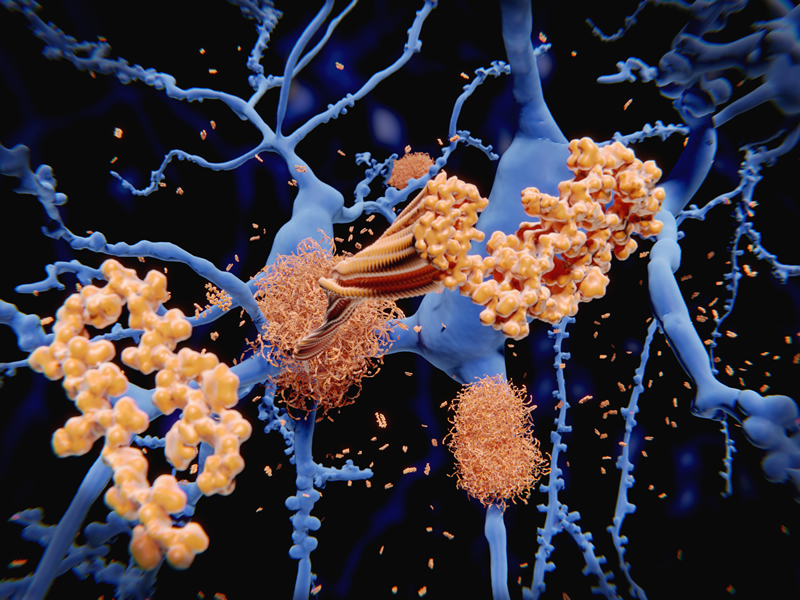In the present study, Shikonin (SHK), a naturally occurring plant naphthoquinone, was investigated for its aggregation-inhibiting activity against α-synuclein (α-syn) and its neuroprotective potential in Caenorhabditis elegans (C. elegans).
 Naphthoquinones are antiprotozoal drugs. Protozoa are small organisms, which exist as solitary cells or colonies of cells. They live in water or in moist soil or inside an organism (in the lung mucus, the intestine, the paunch of certain animals, etc.). They are known to be responsible for many diseases such as malaria and certain dysentery, such as amoebosis.
Naphthoquinones are antiprotozoal drugs. Protozoa are small organisms, which exist as solitary cells or colonies of cells. They live in water or in moist soil or inside an organism (in the lung mucus, the intestine, the paunch of certain animals, etc.). They are known to be responsible for many diseases such as malaria and certain dysentery, such as amoebosis.
Shikonin significantly inhibited α-syn aggregation, delayed the linear lag phase, and growth kinetics of seeded and unseeded α-syn aggregation.
Shikonin binding to the C-terminus of α-syn maintained α-helical and disordered secondary structures with reduced beta-sheet content and aggregate complexity. Furthermore, in C. elegans transgenic MP models, shikonin significantly reduced α-syn aggregation, improved locomotor activity, and prevented dopaminergic (DA) neuronal degeneration, indicating the neuroprotective role of shikonin.
The present study therefore highlights the potential of a natural small molecule in the prevention of protein aggregation. Studies on this and other similar molecules should be explored further, in particular it will be necessary to test their therapeutic efficacy in the management of protein aggregation and neurodegenerative diseases, on animal models closer to humans. It will start with animals such as mice models of Parkinson's disease, then with primates such as marmosets, before starting clinical studies on humans.
